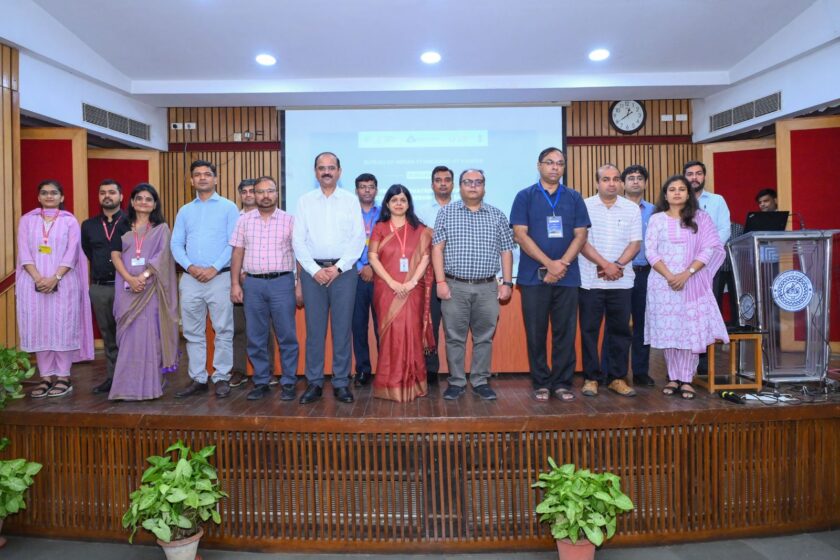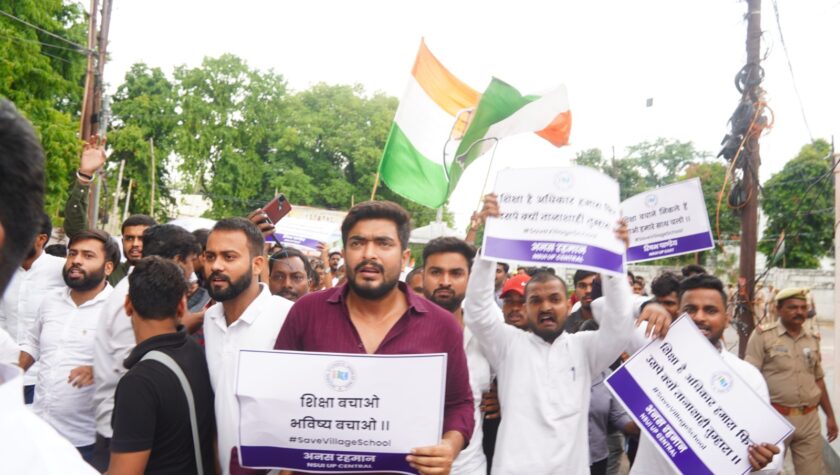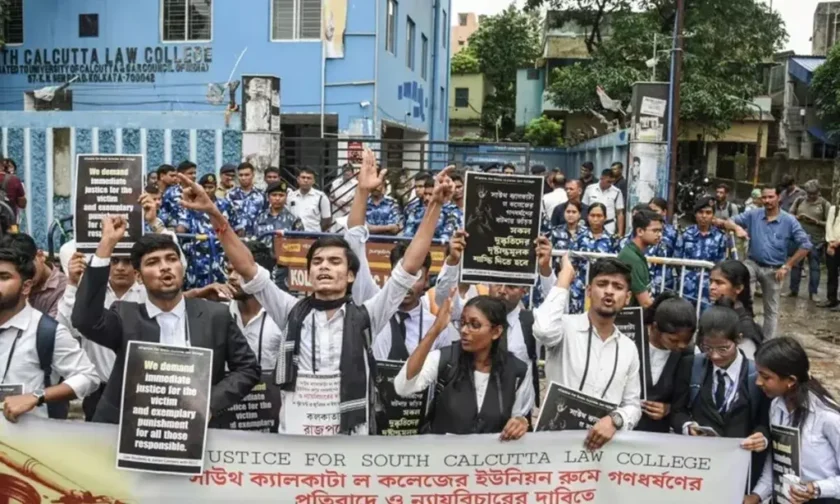New Delhi: India is changing the way this world looks at it now. Thisemerging global influenceris intelligentlyshapingits ‘control strategy’ in International Relations to address the challenges of a complex geopolitical environment and align it with its ambitions & objectives. In recent years, in the international dynamics,India’sstatureis increasingly being accepted, as that of the “controller” which indicatesthe manner in which states manage power,clout, influence and resources across the globe beyond borders. The strategy for control mayappear in different formulas, depending on the objectives and the milieu, including the socio-political, military, geo-economic, trans-cultural mechanisms and other multifarious factors governing the scenario. The control strategy is a dynamic blend of nation centric diplomacy, economic partnerships, strategic autonomy, and proactive cautious, measured engagement in global issues. As a strong economic giant, largest democracy, peace loving yet a potent military force today, India is a dominant game changer in the world, willing to shape a multipolar world order.
In order to understand this game, it is important to decipher the ways in which nations exercise various aspects of “control strategy”. The strategy for Economic Control is for new trading arrangements, creating economic dependence for nations requiring economic stability and also for imposing sanctions with an aim to extend reach and control over others. The strategy of Influence Through Diplomacy through multilateral/bilateral negotiations, or via an institutionalised group of nations for a purpose (WTO, G20, UN etc.), apart from showcasing soft power usage for intimidating or influencing nations is also a very powerful tool. The strategy of Military Power and Security Allianceis used for collective security, mutual defense, power projection as well asfor deterrence. The strategy of Information and Technology Control prevents informationand advanced technologiesfrom reaching the unwanted nations whilst using cyber tools to own advantage by threatening, attacking and demolishing the functional systems of adversaries. Exercising the tactics of Coercive Diplomacy to pressurise, threaten or overthrow regimes is to achieve favourable position for gaining higher geopolitical control with larger hegemonistic designs.The strategy of Ideological Influenceand the alliance or coalition strategy is also crucial in order to eat a bigger pie in the important worldly affairs.
The Chankyas of India, involved in formulating strategies for control in international relations arereading the inner face of global incidents & affairs and keenly focusing on strategies which revolve around ensuring India’s strategic autonomy through non-alignmentwhichprovides India the libertyto engage actively with global powers whilst maintaining independence in its decision-making. The under mentioned approaches are perhaps a broad catalyst to India’scontrol strategy.
India’s Act East and Neighbourhood First Policyis strongly focusing on fostering closer ties in the Central and South Asian nations through dialogue, economic integration, military cooperation and developmental assistance etc.
Economic Diplomacy and Trade Agreements-India’s market size and digital transformation rate are helping to strengthen its position in global value chains like (India-UAE Comprehensive Economic Partnership Agreement (CEPA)), the European Union & United Kingdom for free trade agreements. Through G20 and BRICS platforms India is strongly advocating and charting future routes & reforms in global governance, disengaging from conflicts and blue economy etc.
Regional Engagement through Quadrilateral Security Dialogue (QUAD)along within the Indo-Pacificis focusing on maritime safety &security, common operational picture, infrastructure development and climate change etc.Increased bonding in Indian Ocean Rim Association (IORA) and Asia-Africa Growth Corridor too are noteworthy.

Other major proactive stance and efforts include commitment to global responsibilities on Climate Change and Sustainable Development (creating International Solar Alliance (ISA) to promote renewable energy, to achieve net-zero emissions by 2070).
Careful taming of Pak &China by isolating Pakistan internationally on the issue of cross-border terrorism whilst adopting a robust defensive posture towards China has been largely on target.
India is spreading a rich multi-socio-cultural Indian ethnic heritage and the deep democraticstrength throughvibrant diaspora engagement process across nations.
The most successful strategies often blend multiple minds and elements, as states navigate a complex web of willing cooperation, alliances or rivalries amidst the prevalent global challenges. Nevertheless, the intelligent, timely and strategic use of power, influence, and diplomacy can lead to dominance, leadership, or control in global affairs. India’s international relations strategy in contemporary times reflects a strongeryet careful balance of ambition, motivation and pragmatism. Through assertive chess game of politic-economic and diplomatic moves, India is emphasizing strategic autonomy, global leadership, economic integration, and multilateral engagements to emerge as a key player in the global arena. As it navigates complex challenges, India’s approach will continue to evolve, driven by its vision of contributing to a more equitable and sustainable world order.
About Author:- Commander Sumit Ghosh is a former Indian Navy Officer. He writes regularly on International relations, strategic military and technology issues. He is an active member of the national think tanks USI, the CHAKRA Foundation and the STRIVE. He can be reached at sumit12in@gmail.com.





